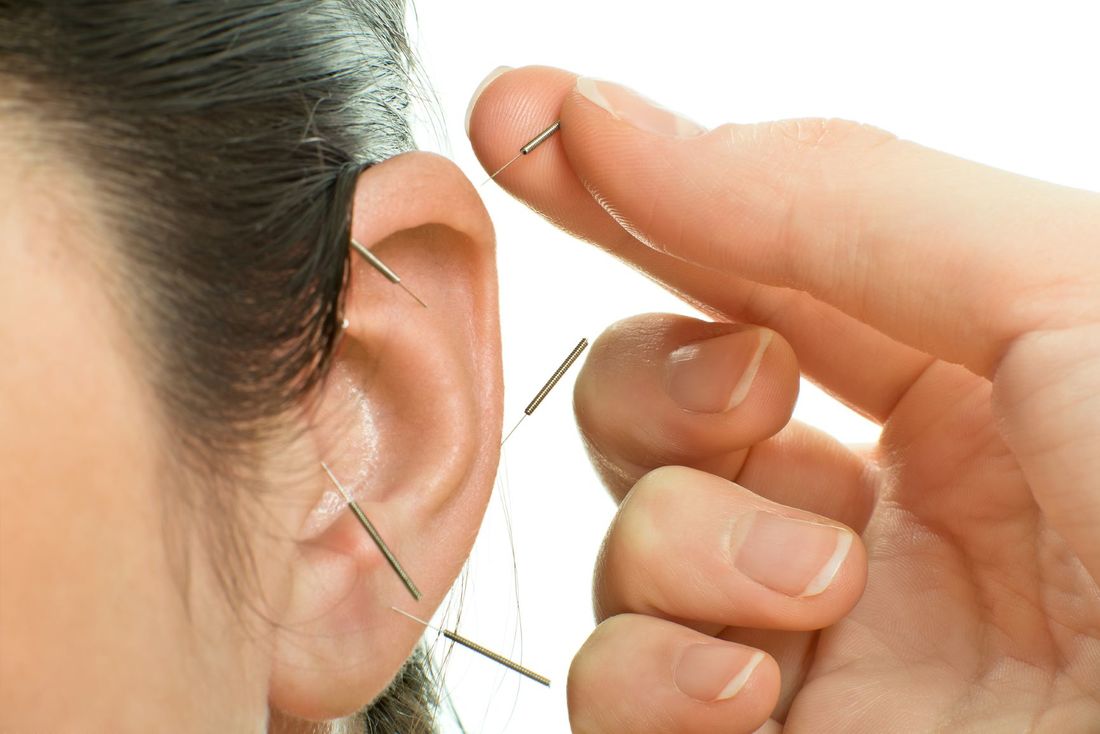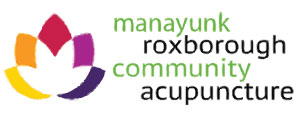Ah, spring time! For many it’s a favorite season, yet, for others, it’s a time of itchy eyes, sneezing, runny noses, cough, post nasal drip, and general malaise. Fortunately, Chinese medicine and acupuncture offers a safe, effective form of treatment for allergy sufferers.
It is estimated that more than 15% of the general population suffers from some form of allergic rhinitis, with health care costs estimated at about $21 billion per year in the U.S. alone.(1) The EPA also estimates that allergies will be getting worse each year due to “Increases in temperature, carbon dioxide (CO2), and precipitation tend to favor the proliferation of weedy plant species that are known producers of allergenic pollen.” (1)
Many people suffer from allergies in the spring time when the pollen counts are high. It’s traditionally called “Hay Fever” and relates to the fact that grasses, and other weedy plants, are releasing pollen into the air that causes allergy type symptoms.
Acupuncture and Chinese herbs have been used successfully to treat symptoms similar to allergic rhinitis for centuries.
Acupuncture can be used to treat allergy symptoms by addressing the Lungs and Large Intestine (clearing phlegm) as well as the Liver and Gall Bladder which become reactive when subjected to foreign proteins and toxins. Most patients also benefit from support to the Stomach and Spleen organs because those organs help to transform dampness and are particularly involved in symptoms of the face and head. Each individual’s case is unique, so at RCA, each patient get’s their own treatment for not only the allergy symptoms they suffer from, but also for the other signs and symptoms they present with.
From my 15 years of experience, many patients benefit most from coming in BEFORE allergy season starts so that their system is in good shape before they begin exposure to allergens. For example, a patient who starts allergy treatments in February, or March at the latest, will be well prepared by the time that April’s pollen counts start rising.
Multiple studies point to acupuncture’s efficacy in lessening the severity of allergy symptoms and you can read about them in the article excerpts below:
CNN article http://www.cnn.com/2013/02/19/health/acpuncture-allergies/
“In a study published in the journal Annals of Internal Medicine, researchers examined 422 people who tested positive for pollen allergies and had allergic nasal symptoms such as a runny nose. The participants reported their symptoms as well as what medication and doses they used to treat them.
The participants who received the real acupuncture treatments with their antihistamines showed a greater improvement in their allergy symptoms and less use of antihistamines compared to the other groups.The participants who received the real acupuncture treatments with their antihistamines showed a greater improvement in their allergy symptoms and less use of antihistamines compared to the other groups.
In the meantime, study author Dr. Benno Brinkhaus of the Institute for Social Medicine, Epidemiology and Health Economics at Charité University Medical Center in Berlin wrote in an e-mail response describing the study that “From my experience as a physician and acupuncturist, and as a researcher, I would recommend trying acupuncture if patients are not satisfied with the conventional anti-allergic medication or treatment or they suffer from more or less serious sides effects of the conventional medication. Also because acupuncture is a relative safe treatment.”
According to WebMD: http://www.webmd.com/allergies/features/relieve-allergies-natural-way?page=2
“In addition to whatever natural treatments you try on your own, you may also find significant relief visiting a practitioner of the ancient Chinese medical practice known as acupuncture. Based on the idea that stimulating points outside the body can change or initiate reactions inside, in this case treatment is thought to affect the immune system, where allergic reactions begin
In a small but significant study of 26 hay fever patients published in the American Journal of Chinese Medicine, acupuncture reduced symptoms in all 26 — without side effects. A second study of some 72 people totally eliminated symptoms in more than half, with just two treatments.”
Even Fox News declares that acupuncture “Pins Down Allergy Relief” http://www.foxnews.com/story/2007/04/03/acupuncture-pins-down-allergy-relief/
It’s actually a very good overview of how Chinese medicine approaches the treatment for allergies:
In a study published in the September 2004 issue of Allergy magazine, the researchers concluded that a combination of Chinese herbs and weekly acupuncture sessions showed promise as a treatment for relieving the symptoms of seasonal allergies. The authors of the study recommended that future research investigate the effectiveness of an acupuncture and herb combination in the treatment of other conditions.
“The study was done with 52 participants, between ages 20 and 58. The first group received a 20-minute acupuncture treatment weekly for six weeks, with points on the Large Intestine, Gallbladder, Lung and Liver meridians stimulated. Additional points were selected based on each patient’s individual symptoms. They were also given an herbal blend of schizonepeta, chrysanthemum, cassia seed, plantago seed and tribulus.
Patients in the control group were given acupuncture, but at the same non-acupuncture points, which were away from meridians. They were treated with needles smaller than those used on the traditional Chinese medicine patients. Control patients also received a non-specific herbal formula comprised of coix seed, licorice, poria, hops, oryza, barley, hawthorn fruit, and medicated leaven.
At the end of the study period, participants in both groups were rated on their level of improvement. The first group treated with traditional Chinese medicine patients demonstrated improvements in allergy symptoms in the eyes and nose, higher levels of physical activity, and an improved psychological condition compared to patients in the control group.”
(1). http://www.epa.gov/research/gems/scinews_aeroallergens.htm
by David Schiman, Acupuncturist

